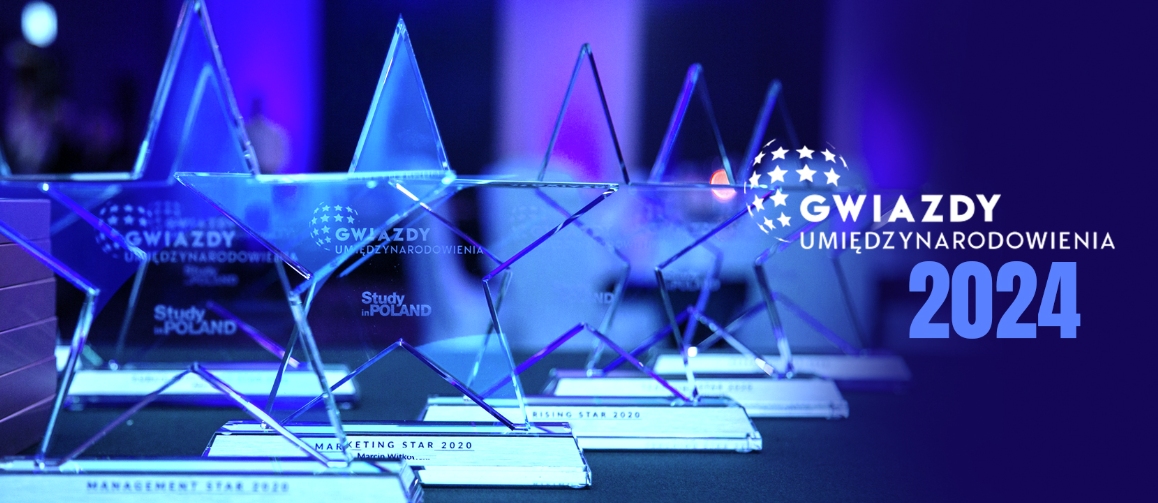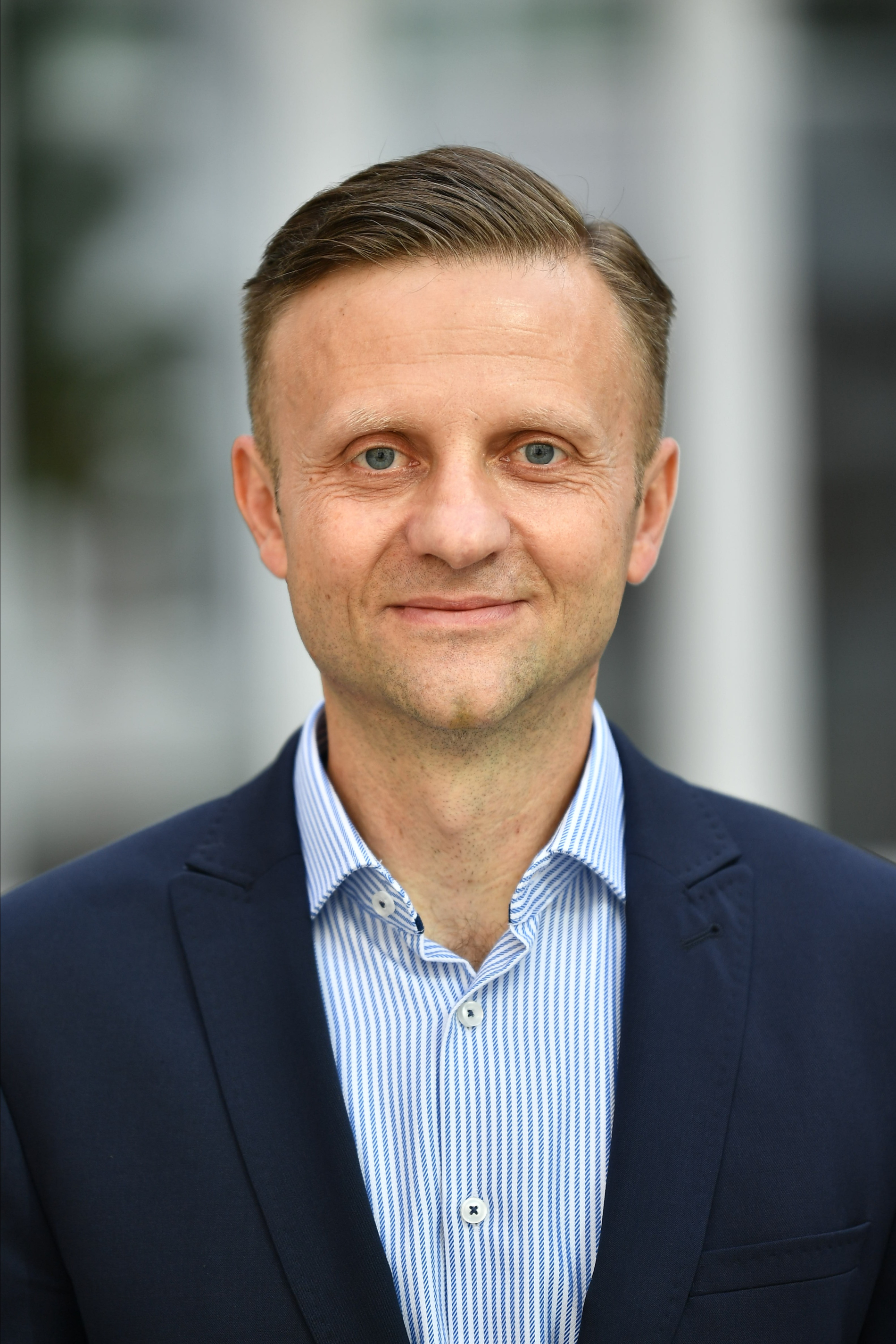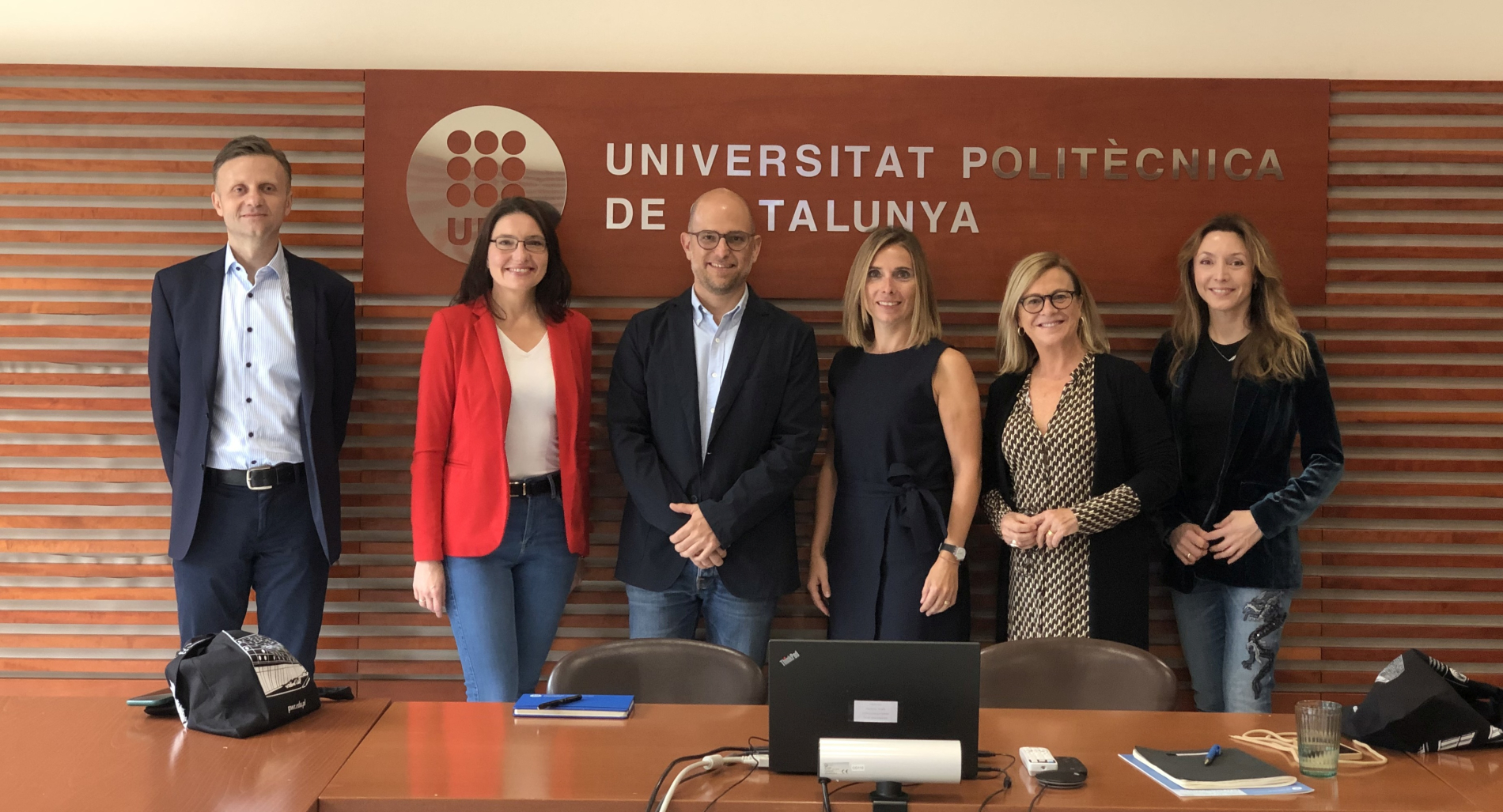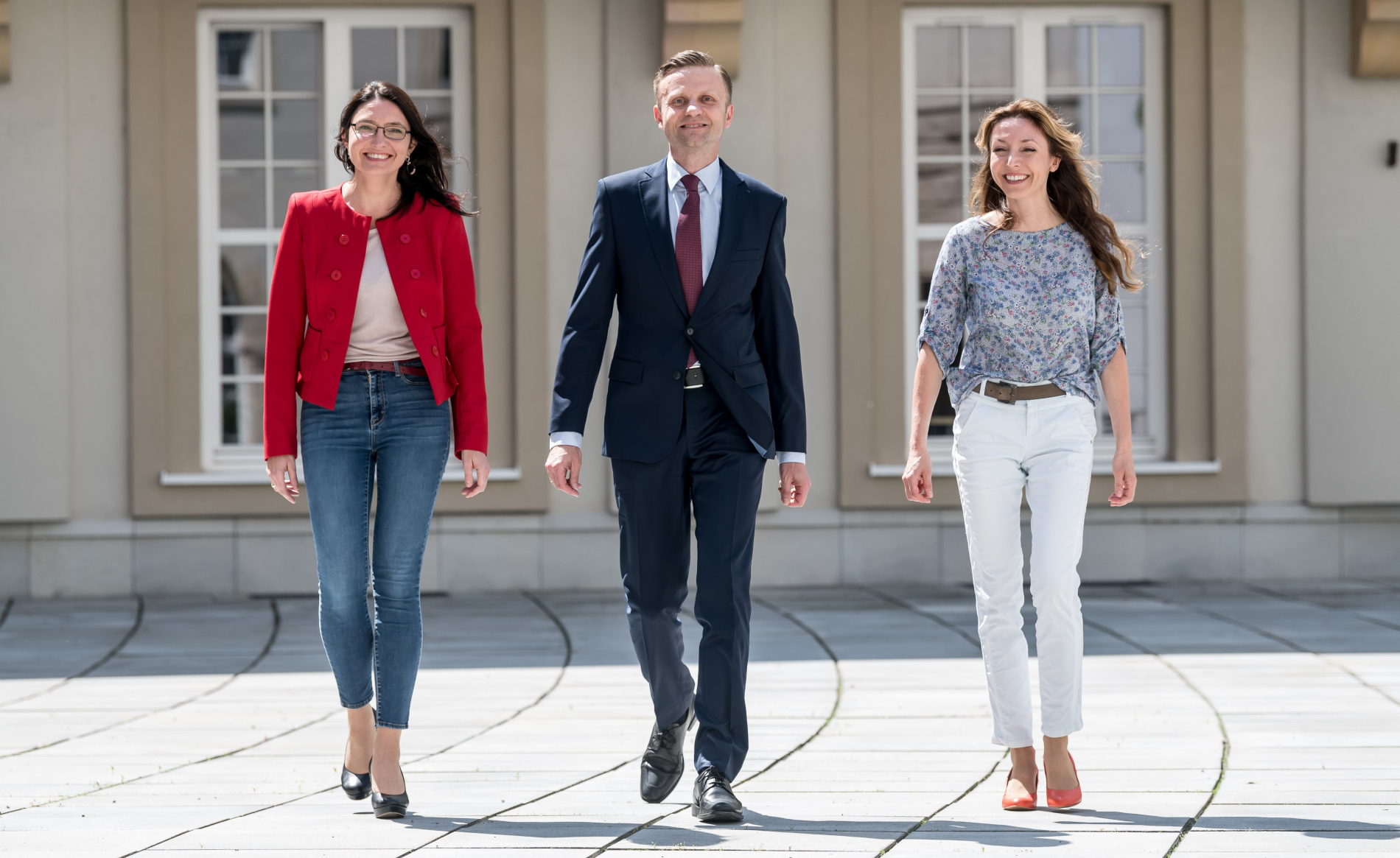YOUR BROWSER IS OUT-OF-DATE.
We have detected that you are using an outdated browser. Our service may not work properly for you. We recommend upgrading or switching to another browser.
Date: 09.02.2024 Category: general news, international cooperation

Prof. Krzysztof Walkowiak, dean of the Doctoral School, has become the winner of the 'Stars of Internationalisation 2024' competition organised by the Perspektywy Educational Foundation. Our scientist won in the Teaching Star category.

Every year, the competition rewards individuals with outstanding achievements in the internationalisation of Polish higher education institutions. The chapter that selects the winners includes representatives of all Polish institutions and organisations involved in the development of internationalisation. The chapter's work is headed by Professor Arkadiusz Mężyk, President of the KRASP and Rector of the Silesian University of Technology.
Prizes were awarded in nine categories this year, and the winners will be presented with their awards during the 'Foreign Students in Poland 2024' conference organised at the Poznań University of Technology.
Among the winners was Professor Krzysztof Walkowiak from the Faculty of Computer Science and Telecommunications, dean of the Wroclaw Tech's Doctoral School. In the Teaching Star category, he was recognised for, among other things, delivering teaching of outstanding quality to foreign students and creating new forms and initiatives in international education.
- In my opinion, doctoral students are the most important group at a university. After all, it is from them that the majority of future academics are recruited, and it is in doctoral school that they acquire the competencies for research work. Taking care of the best possible education of doctoral students is a concern for the quality of science," says Prof. Krzysztof Walkowiak, dean of the doctoral school at PWr, who has been gathering experience in the area of doctoral education for more than ten years.

He sees every trip abroad as a way to look at different models of doctoral education. - Whatever the main purpose of such a trip is, I always try to look at doctoral education and discuss it not only with doctoral thesis supervisors, but also with the doctoral students themselves,' says Prof. Walkowiak. - This has allowed me to gather the experience I need to make doctoral education at Wroclaw Tech increasingly effective.
One of the changes particularly conducive to the internationalisation of the Doctoral School was Prof. Krzysztof Walkowiak's decision to introduce education in English in 2022. - 'The first attempts to introduce English in classes appeared even before the establishment of the Doctoral School, but classes in English were still optional at that time,' explains the Teaching Star award winner and proudly emphasises that this decision was crucial for the further development of the Doctoral School.
When asked about the recipe for internationalisation of Polish universities, Prof. Walkowiak emphasises that it is a long-term process and its success depends on good cooperation of many people.
- Internationalisation is a team sport. - says the dean. - And this is both in the context of cooperation between the promoter and the doctoral student, i.e. sharing foreign contacts, including international research teams in their work, pointing out conferences or journals in which it is worthwhile to appear, as well as work within the Doctoral School and, finally, the effort of the entire university - cooperation with various units that are our partners and support us in increasing internationalisation, explains Professor Walkowiak.

According to him, success is determined by diligent and systematic work at the grassroots. - First, gathering experience and looking for models, then developing clear and precise operating principles, and finally, conscientious and timely implementation of the goals set for yourself and taking on challenges, our scientist enumerates.
He looks at his professional success precisely through the prism of the various tasks he undertakes and the challenges he faces. These range from academic work, which has been carried out almost exclusively in an international context from the outset, to teaching work and taking on administrative challenges.
Our site uses cookies. By continuing to browse the site you agree to our use of cookies in accordance with current browser settings. You can change at any time.